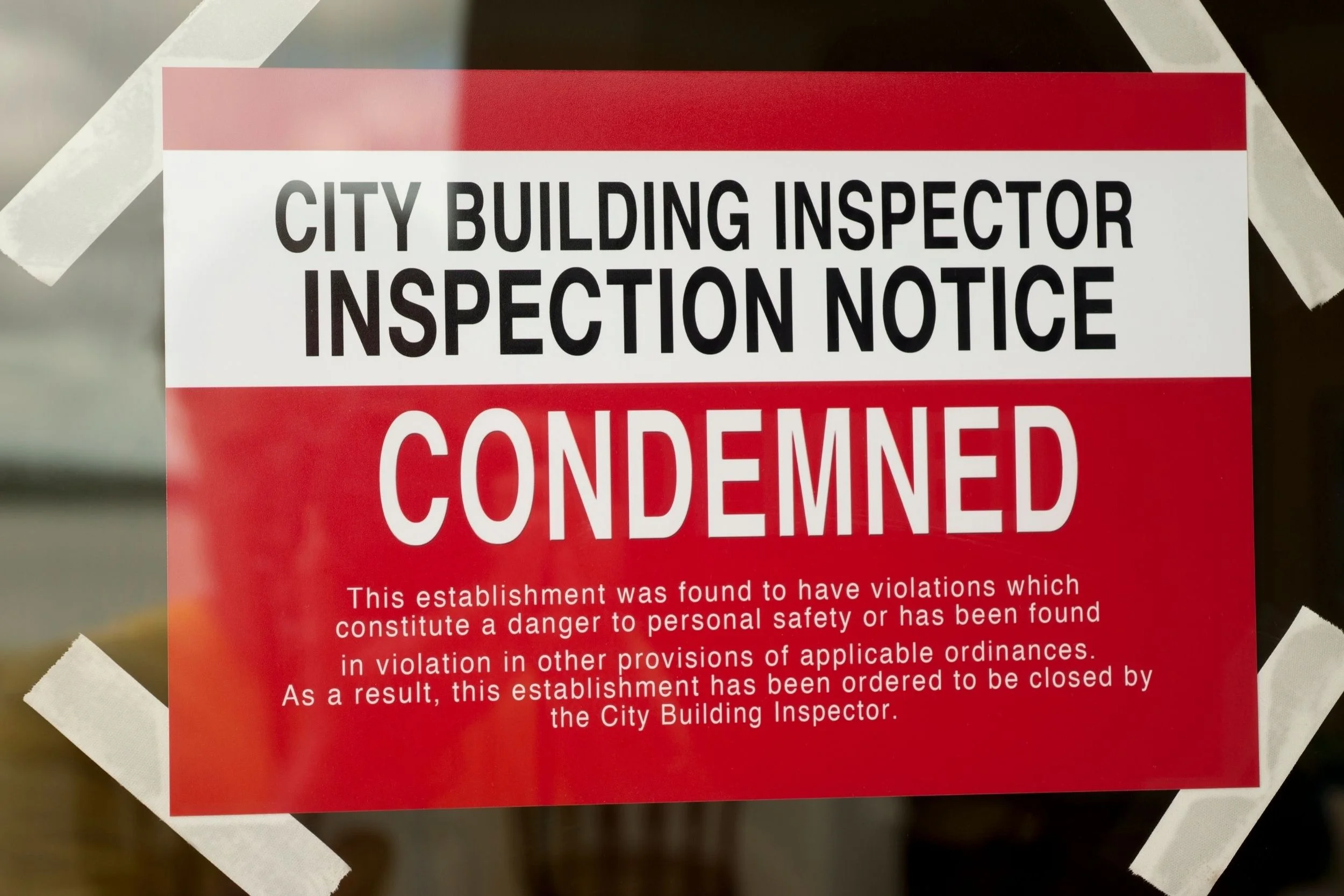Real Estate Contract Breach in Ohio: What Compensation Can You Expect?
When a real estate contract falls through, it can leave buyers and sellers feeling frustrated and uncertain about their next steps. Whether you’re in the process of buying, selling, or leasing property, understanding your rights and potential compensation is key to protecting your investment.
Watch the video below where Attorney Nicholas Weiss shares insights on real estate contract breaches and what compensation you may be entitled to.
In this video, Attorney Nick Weiss explains what counts as a contract breach, why deals sometimes fall through, and what you can do if you’re affected.
What Is a Real Estate Contract Breach?
A breach occurs when one party doesn’t fulfill their obligations under a real estate agreement. This could involve a purchase agreement, a mortgage, or a lease. Even standard contracts can lead to disputes if important details, like inspection or financing, aren’t handled properly.
Common breach scenarios include:
A buyer backing out for reasons not protected by a contingency (such as simply changing their mind).
A seller refusing to transfer the property without a valid legal reason.
Disputes over who receives the earnest money deposit when a deal collapses.
When a real estate contract is breached in Ohio, the non-breaching party may be entitled to compensation. The type and amount of damages depend on your specific situation and the terms of your contract.
What Compensation Can You Expect?
If You’re the Seller:
Typical Damages: You can usually claim the difference between the agreed sale price and the property’s market value at the time of the breach, minus any amount already paid by the buyer.
Broker’s Commission: Generally, you cannot include your real estate agent’s commission in your damages claim.
Unpaid Balance: If you offered a valid deed and kept the offer open, you might be able to sue for the unpaid balance, if the contract required completion with delivery of a deed.
Interest: Sometimes, interest can be awarded as damages, especially if the buyer is in possession of the property.
If You’re the Buyer:
Getting Your Money Back: If the seller breaches, you can usually recover any money you’ve paid, plus interest.
Monetary Damages: You may also be able to claim compensation for losses directly caused by the breach, such as moving expenses or wasted time. However, these must be proven and are not always guaranteed.
Damages for Loss of Deal: If you choose not to cancel the contract and get your money back, you may be able to claim the difference between the market value at the time of the breach and the contract price, plus any amount paid.
Title Issues: If the contract is canceled because the seller didn’t have clear title, damages are typically the difference between the market value when the property should have been transferred and the contract price.
Forcing the Sale: In rare cases, a court can require the seller to complete the sale. To learn more about this, read our blog: Can You Force a Property Sale After a Failed Closing?
Other Types of Damages and When They Might Apply
Consequential Damages: These are additional damages that may be claimed if they were a probable result of the breach. Courts are cautious with these, but they may be awarded if specifically pleaded.
Emotional Distress and Tort Damages: Generally not available unless the breach caused bodily harm or serious, foreseeable emotional distress.
Lost Profits: May be recoverable if they were foreseeable, directly caused by the breach, and can be proven with reasonable certainty. For example, if a seller breaches a contract for the sale of property, the buyer might be able to recover lost profits from potential leases.
Counterclaims: Buyers can counterclaim for breaches of title covenants or involve others with adverse interests in the property.
Special and Exemplary Damages: Special damages must have been reasonably anticipated as a probable result of the breach. Exemplary damages may be awarded in cases of actual malice.
Liquidated Damages: Some contracts include a clause specifying damages for a breach. If the amount is unreasonable, courts may ignore the clause and award actual damages instead.
Unjust Enrichment and Constructive Trusts: Courts rarely alter contract terms to prevent unjust enrichment but may impose a constructive trust if property was obtained through fraud.
Attorneys’ Fees: Ohio courts follow the American Rule, which generally requires each party to pay their own attorneys’ fees. Exceptions include statutory provisions allowing fee recovery, findings of bad faith, or contracts that provide for fee shifting. To learn more, check out our blog on Navigating Legal Fees: When the Opposing Party Must Pay.
Key Ohio Rules & Practical Tips
Contingencies Matter: Inspection and financing clauses protect both sides. Waiving them can limit your options if something goes wrong.
Earnest Money Disputes: Title companies and realtors usually hold this money until both sides agree, or a court decides.
Contract Language: Standard forms are designed to protect realtors and title companies—not necessarily buyers or sellers. Customizing your contract can help protect your interests.
Mitigation Required: If you’re the non-breaching party, you must take reasonable steps to minimize your losses. Courts expect you to try to reduce the financial impact of the breach whenever possible.
Next Steps If You’re Facing a Breach
Review Your Contract: Look for clauses about inspections, financing, and attorneys’ fees.
Document Everything: Save emails, receipts, and notes about what happened.
Consult an Attorney: Getting legal advice early can help you understand your rights and options.
Act Quickly: Waiting too long can make it harder to recover your losses.
Quick Takeaways
Real estate contract breaches can happen to buyers or sellers—know your rights and remedies.
Compensation depends on your contract, the facts of your case, and Ohio law.
Consult with an experienced attorney early to protect your interests and maximize your recovery.
Conclusion
If you’re dealing with a real estate contract breach or simply want an attorney to review your real estate agreement, understanding your options is the first step toward protecting your investment. Speaking with an experienced Ohio attorney can help you navigate your next steps with confidence.
Book a paid consultation now or contact our office to see how we can help.
About the Author
Nicholas Weiss is the founder and supervising Attorney of N.P. Weiss Law, serving clients across Northeast Ohio in real estate, family law, and estate planning. He is committed to helping property owners, businesses, and families navigate legal challenges with clarity and confidence. Learn more about Nicholas Weiss.
This blog post is for informational purposes only and does not constitute legal advice. Reading this post does not create an attorney-client relationship. For personalized guidance, please consult with a licensed Ohio attorney































Before imposing an enforcement assessment, Ohio law requires boards to provide written notice and a fair hearing opportunity. Discover the essential procedures every HOA board member should know.